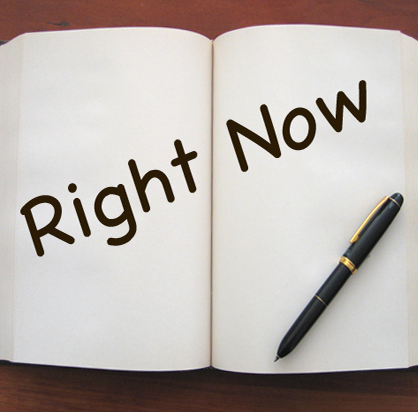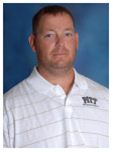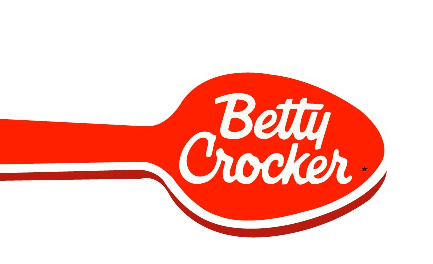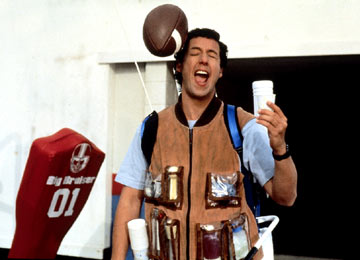
Jim Collins, author of Good to Great, describes the Hedgehog concept as “an operating model that reflects understanding of three intersecting circles: what you can be the best in the world at, what you are deeply passionate about, and what best drives your economic or resource engine.”
“But Art, Jim Collin’s research and the businesses described in Good to Great include the likes of Wells Fargo and Walgreens, his theory and concepts have nothing to do with patient care or performance training.”
I’ve heard this more than once and each time I attempt to get a friend to read this book it’s usually handed back either partially read or not read at all. At first look, to compare these operating systems to Sports Medicine or Sports Performance may be a stretch, but the three questions that Collins’ research asks can certainly be asked when examining your own operating system and how you handle your business each day.
What can you be the best in the world at?
- Is it patient education, practicing and applying evidence based medicine or simply a seamless referral system for student-athlete mental health issues?
- By asking and challenging your staff what you can be the best in the world at automatically sets the bar much higher than before and thus only those actions in line with this new standard should be accepted and rewarded.
What are you deeply passionate about?
- I found this to be the easiest question to ask and answer. Each one of your staff members is particularly interested and passionate about a segment of your operating system. Once you have identified which one, allow them to develop this area to its fullest.
- If your strength staff is deeply passionate about squatting and teaching the squat (I image they are or they wouldn’t be in the field) allow them to create an in-service and teach the sports medicine staff the finer points of the squat. Your athletes will thank you for the consistency of teaching cues and progression from rehab to high end performance.
What best drives your economic or resource engine?
- If you’re at most schools, athletic departments are actually a huge drain on the finances of the university. Does your department spend frivolously on specialty items that have little impact on your athletes or only impacts a small sector of your athlete population?
- In the Sports Performance area, what exercises produce the greatest impact on your athlete’s performance profile (VJ, sprint times, etc)? Should you spend your valuable time perfecting and encouraging the squat or are you spending time having your athletes lay on their back performing hollowing exercises to train the TA?
The challenge now is to examine your operating system with honest eyes. This is often the most difficult part of the process since most believe they are already doing their very best – if resistance is met, ask dumb questions or invite an alien to your next staff meeting, that usually does the trick.
Art Horne is the Coordinator of Care and Strength & Conditioning Coach for the Men’s Basketball Team at Northeastern University, Boston MA. He can be reached at a.horne@neu.edu.









